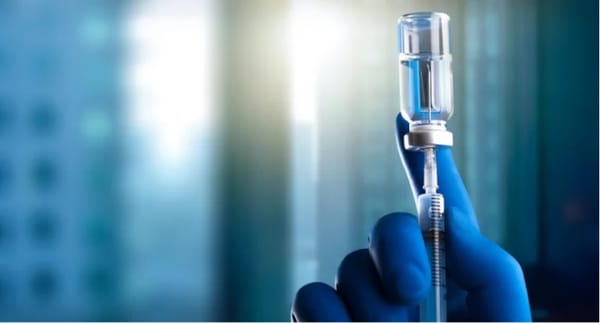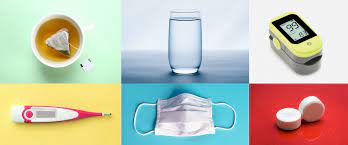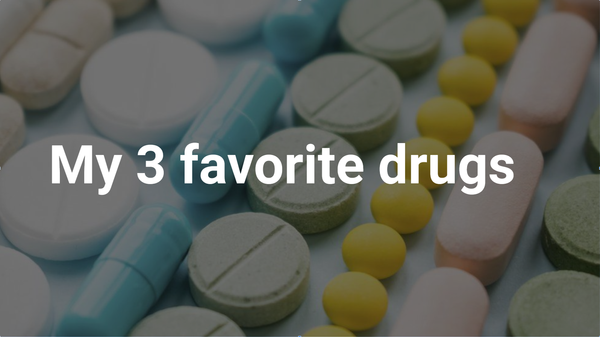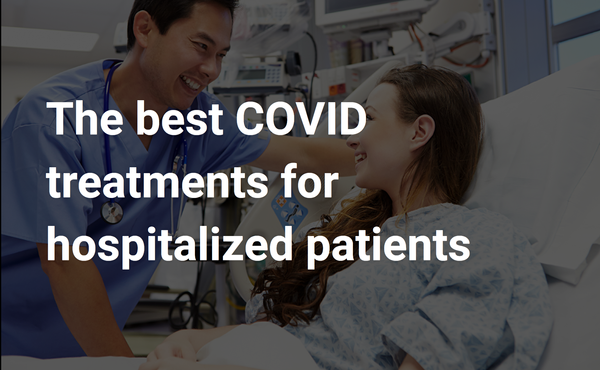$1M reward: Do we need more data re: Fluvoxamine for COVID-19?
Everyone says "we need more data" to show fluvoxamine works for COVID. Is that really true?
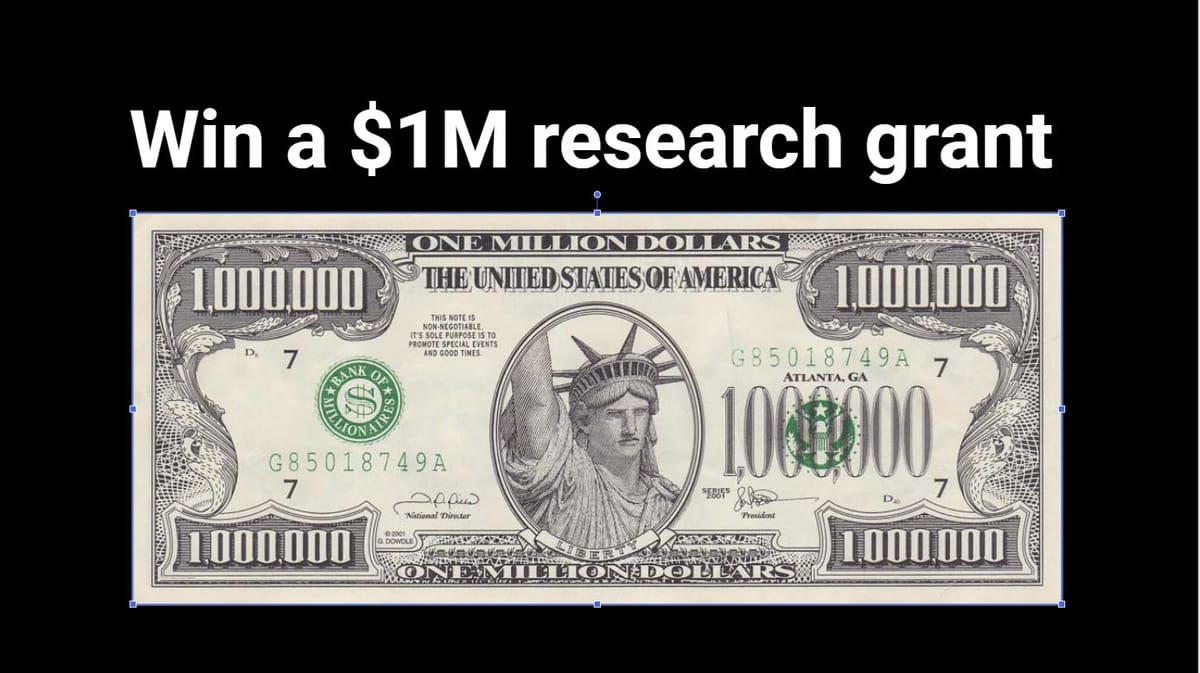
This two part series summarizes the evidence for using fluvoxamine to treat COVID (part 1, part 2). It says "Nevertheless, the key criticism of their observational study is that there could be a lurking variable explaining the observed difference and that opting for or against fluvoxamine may be a marker of that unknown mechanism rather than any drug effect."
OK, if fluvoxamine isn't the cause of this miracle preventing hospitalization and long-haul COVID in 77 patients who opted for treatment (vs. 12.5% hospitalization and 60% long haul COVID in the patients who declined fluvoxamine), then what is the explanation?
The point of the $1M offer is to identify that lurking variable. If you can identify it, you win the $1M which I will donate to a medical research project of your choosing at any non-profit institution. If we can't identify it, then we should accept that it is likely not to exist, and accept the result as valid.
Did all 77 treated patients all drink magic water that caused it? Did they conspire together to lie about their symptoms to make his study look better? Did they actually get hospitalized and not tell the doctor? Did the doctor misreport the data? Did the doctor tell patients who would need to go to the hospital not to go to the hospital? Did someone log into the EHR system and modify the patient data when Dr. Seftel wasn't looking?
To win, you can't just speculate on theories of how it might have happened. You can't just say "it was quasi-randomized" or "healthy patient bias" or "observer bias." None of those can explain away a p-value of 1e-14. Even if it wasn't "fully randomized" the cohorts were well matched. You must show the root cause(s) of how this miracle happened that explains this perfect outcome where nobody was hospitalized and nobody, not even after 4 months, reported any long-haul COVID symptoms.
The FDA said the Seftel trial data was unconvincing because 1) the numbers were small, 2) the subjects got to choose their treatment, and 3) the study was not blinded. OK, so if it wasn't the drug, then what was it that caused the miracle? 8,400 people are dying each day from COVID. Shouldn't we want to find out how these people were spared immediately?
To date, nobody has an alternate explanation. The doctors say we should not investigate the cause of the Seftel miracle; instead, they advise us to simply wait many months for more evidence from randomized controlled trials and not use the drug in the meantime despite not a single piece of evidence that the drug leads to worse or neutral outcomes.
If nobody can show how the evidence could be wrong, then it's more likely than not to be correct, and therefore we will minimize the number of deaths by encouraging doctors to discuss taking the drug with their patients, e.g., shared decision making.
NOTES:
- Here is the fluvoxamine data repository. This includes the actual Seftel patient data (with all the PHI removed). See also Fluvoxamine evidence summary.
- There are 235 possible confounders. If you think you have discovered confounder(s) that can explain the randomized trials results, you must actual find proof that that was the confounder that cause the result.
- I don't believe there is any way (other than the drug working) that can explain the Seftel study results. Every single study of fluvoxamine (prospective and retrospective) has shown protection. There are now over 850 patients who have been treated for COVID with fluvoxamine and there isn't any study showing no effect. I don't know of any doctor who has added fluvoxamine to their protocol who believes that it didn't have a dramatic improvement. One US-based doctor went from 10% hospitalization rate to 0% after adding fluvoxamine. I don't know of a doctor who has given fluvoxamine and ivermectin who has reported a single hospitalization (unless the patient presented very late stage). One doctor measured CRP at day 0 and day 5 in all 40 patients. He found the CRP normalized in all but 2 treated patients at day 5.
If physicians were taught instead to "always choose the treatment option which is more likely to lead to better patient outcomes" we'd save a lot more lives.
If Seftel's study killed 60% of the people who got the drug, there would be an immediate investigation as to the cause. But if Seftel saves the equivalent number of people from devastating effects from COVID, there is no investigation; there is complacency: we simply sit back and say "No need to investigate how those people were saved; let's wait for more evidence no matter how long it takes and no matter how many people will die in the interim."
In a pandemic where the placebo kills people, we are doing harm by choosing the "no treatment" treatment over a drug like fluvoxamine. When we are looking at a repurposed drug which has a 37 year safety record and in the case of fluvoxamine, over 1 year of experience with treating COVID with fluvoxamine, the "do no harm" is already satisfied.
Therefore, if there is a very strong signal of efficacy in multiple independent randomized trials (as we have already), then we should not wait for more data; that is more likely than not, sacrificing lives. The worst outcome in this case of using the drug is no difference. The best outcome is nobody has to die. This is a no-lose proposition.
In other words, I believe we have enough data on the table to justify the use of fluvoxamine immediately.

